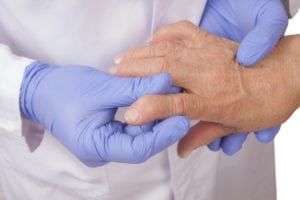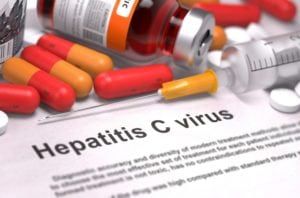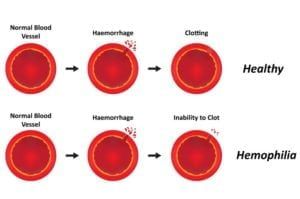The kidneys are two of the body’s most vital organs. They are responsible for filtering waste from the blood and producing hormones that keep the body in balance. When a kidney disorder develops, it can put these two vital organs at risk of damage. Sudden loss of kidney function is known as acute renal failure (ARF), whereas long-term kidney dysfunction that has persisted more than 3 months is known as chronic kidney disease (CKD). Both conditions require immediate urology treatment.
Did you know…
that chronic kidney disease is frequently a secondary result of a systemic condition? Diabetes, high blood pressure, urinary tract infections, polycystic kidney disease, hepatitis, HIV, AIDS, and lupus can all contribute to the development of CKD. Acute renal failure, on the other hand, is usually caused by sudden or traumatic injuries, exposure to drugs or toxins, sepsis, urinary flow obstructions, or complications of pregnancy.
Frequently Asked Questions
What are some examples of common kidney disorders?
The kidneys can develop many types of disorders that can potentially lead to kidney disease or renal failure. Kidney stones, for example, are some of the most common disorders of the kidneys, affecting as much as 10 percent of the U.S. population. Other disorders include blockage of the ureter, the development of fistulas, polycystic kidney disease, and glomerulonephritis – a rare condition that prevents the kidneys from properly filtering.
When should I see a urologist for a potential kidney disorder?
You should seek urology attention for any changes to your urinary function, including more or less frequent urination, blood in the urine, pain during urination, or difficulty urinating. You should also see your urologist if you notice persistent lower back or pelvic pain.
What types of treatments are available to patients with kidney disorders?
Your urologist has many ways of treating kidney disorders. Medications are available to treat kidney infections, and kidney stones can be broken up using sound waves or removed using an ureteroscope. Additional treatments for other kidney disorders vary and may include surgery, dialysis, or a kidney transplant.











































































































































































































































































































